Sacredness of Shaligram Worship
In the realm of Hindu worship, the Shaligram holds a unique position as a sacred stone, often representing Lord Vishnu himself. This divine object, revered for its power to cleanse sins and bestow blessings, is worshipped by countless devotees across the world. But a question that frequently arises, especially in today’s modern context, is: Can ladies perform Shaligram puja?
This query touches upon deep-rooted cultural, religious, and gender norms in Hinduism, sparking debate among scholars, devotees, and religious leaders alike. To understand whether women can rightfully and traditionally engage in Shaligram puja, we must dive into its history, religious practices, and evolving societal perspectives. For those seeking a Shaligram to perform their own puja, they can be purchased at spiritualguru.lk.
Understanding the Significance of the Shaligram
The Shaligram stone, found primarily in the Gandaki River of Nepal. Has been worshipped for centuries as an embodiment of Lord Vishnu. It is believed that the stone itself contains powerful energies, and its worship can bring peace, prosperity, and spiritual advancement. In Hinduism, Vishnu, the preserver and protector, is one of the most revered deities. And offering prayers to Shaligram is seen as a way to directly connect with him.
Traditionally, the Shaligram is worshipped with specific rituals, including the use of Tulsi leaves, water, and incense. These rituals, steeped in Vedic traditions, have been performed for generations. However, in many households, there has been a belief that only men can perform these rituals, citing ancient customs as the basis.
The Role of Women in Hindu Worship Practices
To answer the question of whether ladies can perform Shaligram puja. It’s essential to first reflect on the broader role of women in Hindu worship. Historically, women have been an integral part of spiritual practices. From the chanting of mantras to the lighting of lamps during festivals. Women’s contributions to the spiritual fabric of Hindu homes have been undeniable.
Yet, when it comes to specific rituals like Shaligram puja, many are hesitant due to long-standing beliefs that restrict women’s participation, particularly during menstruation. This has fueled misconceptions that women, due to their natural biological cycles, are considered “impure” for such high-level spiritual rituals.
Can Women Worship Shaligram?
From a theological standpoint, no Hindu scriptures explicitly prohibit women from worshipping the Shaligram. In fact, the Shastra often emphasizes that devotion transcends gender. Worship is about intention, purity of heart, and faith. Several learned scholars and priests assert that women, as much as men, have the right to engage in Shaligram puja. After all, Vishnu, as a benevolent god, accepts the prayers of all who worship him with sincerity, regardless of gender.
However, there are traditionalist views that stem from socio-cultural conditioning rather than direct scriptural injunctions. Many of these beliefs are rooted in the idea of ritual purity, especially concerning menstruation. Historically, women were often separated from certain rituals during their menstrual cycles, a practice that continues to influence attitudes about women’s participation in Shaligram worship today.
Modern Takes on Women and Shaligram Puja
In modern times, with a growing emphasis on gender equality in spiritual practices, there is a significant shift in how religious rituals are perceived. Many progressive Hindu families and communities encourage women to participate in Shaligram puja. They argue that devotion is not limited by gender but is a matter of one’s dedication to Lord Vishnu. Additionally, with the rise of spiritual movements that focus on inclusivity and the democratization of religious practices. More women are taking part in previously male-dominated rituals.
In some regions of India and Nepal, where Shaligram worship is more prevalent. There have been recorded instances of women leading the puja in households and temples. These women are often revered for their spiritual wisdom and dedication, proving that the act of worship is not gender-specific.
Addressing Common Misconceptions
Despite the growing acceptance of women performing Shaligram puja, several misconceptions still persist:
- “Women are impure during menstruation and should not engage in rituals.”
This belief is culturally driven rather than scripturally mandated. While some families may continue to uphold such traditions, others are moving away from this viewpoint, focusing instead on the purity of intent. - “Only men can maintain the sanctity of the Shaligram.”
This is a misconception. There is no theological basis that restricts the handling or worship of Shaligram solely to men. Women, too, can maintain the sanctity of the Shaligram through devotion and discipline. - “Worshipping Shaligram requires strict adherence to male-dominated customs.”
While certain rituals have traditionally been performed by men. There is nothing in the core teachings of Hinduism that suggests women are less capable or less entitled to perform these sacred rites.
A Balanced Perspective on Gender and Worship
Ultimately, the question of whether women can perform Shaligram puja comes down to individual belief systems. While tradition may dictate one course of action, spirituality is deeply personal. And many believe that Lord Vishnu’s grace is accessible to all, irrespective of gender.
Those who wish to bring a Shaligram into their homes. Or deepen their existing practice, can purchase one at spiritualguru.lk, where a variety of sacred objects are available to support spiritual journeys.
Devotion Beyond Gender
As we look towards a more inclusive understanding of Hindu worship, it becomes clear that the act of devotion cannot be limited by gender. Shaligram puja, like all forms of worship, is about the heart, the soul, and the connection to the divine. Whether performed by a man or a woman, the true essence of the ritual lies in the love and reverence offered to Lord Vishnu.
For those interested in acquiring their own Shaligram, you can explore the selection at spiritualguru.lk to bring this sacred symbol into your spiritual practices.
This blog offers a balanced exploration of the evolving role of women in Shaligram puja, inviting readers to reflect on tradition, change, and personal devotion.

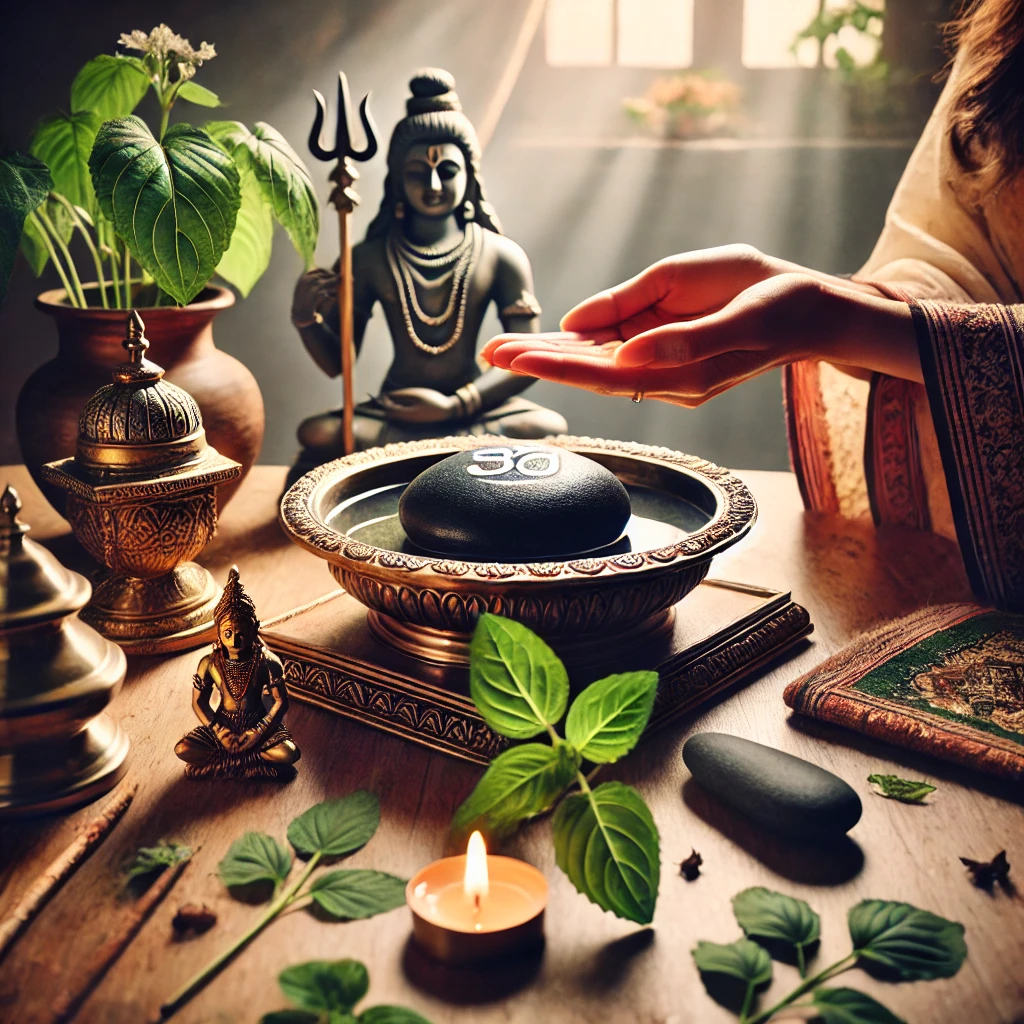

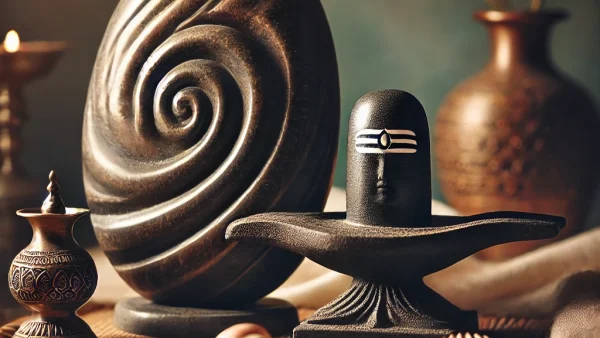
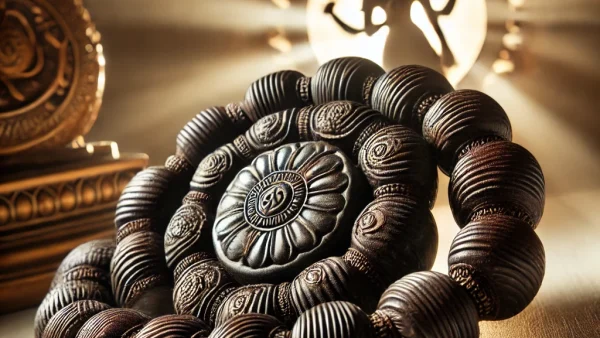
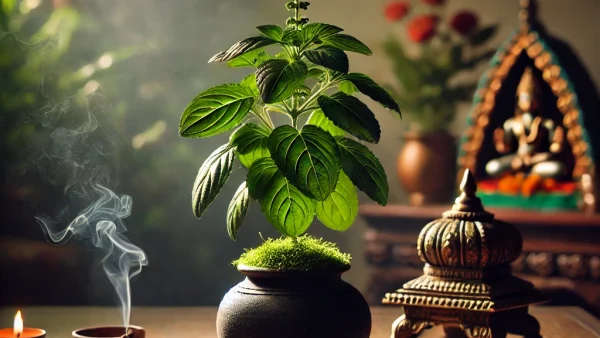
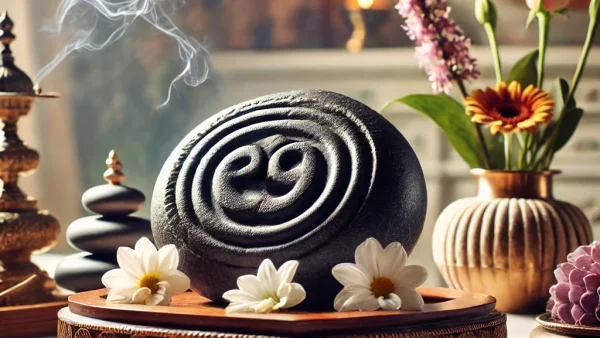
Pingback: Can We Keep Shaligram in Tulsi Plant? - Spiritual Guru
Pingback: Can We Wear Shaligram Mala? - Spiritual Guru
Pingback: Ultimate Guide to Worshipping Shaligram: Complete Pooja Vidhi